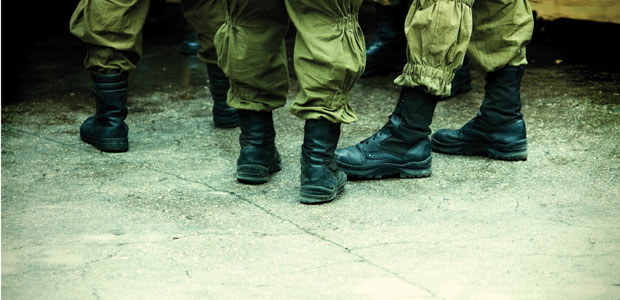Advertisement
Climate Change
What it means to you

We have all heard about climate change–but should we be worried about it?
Let’s first talk about what climate change means. On a global scale, climate change is easy to understand.
Fact 1
Carbon dioxide (and some other gases) in our atmosphere traps the energy of the sun and heats the planet. This is very fortuitous, for without the presence of carbon dioxide in the atmosphere, our world would be a lifeless ball of ice.
Fact 2
Carbon dioxide levels in the atmosphere, which are easily measured, are increasing rapidly. This is very unfortunate, since combined with the first fact it means that the energy in our planet’s atmosphere is increasing at an unprecedented rate.
Extra Energy Has to Go Somewhere
I am reminded of a sketch on the British TV comedy Mr. Bean. In a fancy restaurant, poor Mr. Bean ingeniously hides some unpalatable steak tartar in a sugar bowl, under a plate, in a lady’s purse, and in other amusing places.
The earth is trying to do the same thing with the extra energy as Mr. Bean did with his steak tartar. It is putting the energy into warming the oceans, melting glaciers and ice sheets, drying out soils, and creating more frequent and more powerful storms.
Making Climate Change Make Sense
On a regional scale, climate change is much more difficult to understand. Where will it be warmer, cooler, wetter, drier–and when? Scientists construct complex computer models to answer these difficult questions. Although there are variations in the results of these models, they all make the same prediction: the world will get warmer, particularly in polar regions.
During summer 2007, the sea ice in the Arctic Ocean melted more than the most pessimistic model predicted. Canadians in the Arctic are living with the consequences of climate change now. Across the world there are already long-duration droughts, killer heat waves, retreating glaciers, massive flooding, and powerful storms.
Any single event can be dismissed, but put all these events together–the picture is scary.
Climate change affects precipitation patterns and dries out our agricultural soils faster. If our crop yields are reduced, billions of people will be fighting it out for food. A recent study on climate change done for the Pentagon concluded, “Once again warfare would define human life.”
Should we be worried? The answer is a resounding yes–and doubly so for our children, who will have to live with the consequences of our action–or inaction.
What Can I Do?
If every Canadian does a small amount, and we multiply those small amounts by thirty million, we can save a lot of energy.
We must consider energy use in every aspect ofour daily lives. Some simple green changes we can make include:
- Rely less on air conditioning in the summer; wear shorts.
- Turn down the thermostat in the winter; wear a sweater.
But while every little bit we do helps fight climate change, individual actions are not enough. It is only by drastically reducing the discharge of carbon into our atmosphere that we will make a substantial difference to the world.
Write or call your municipal, provincial, and federal politicians to let them know you want them to initiate government policies that will reduce carbon emissions. We must make our voices heard if we want our governments to adopt legislation that truly will avert a climate catastrophe.
Consequences of Two Possible Realities
Reality 1
Society takes vigorous action but climate change is not really that serious. Consequence: We conserve nonrenewable resources, such as oil, at the cost of possibly causing some inefficiency in the economy. There would be some winners and some losers.
Reality 2
Climate change is very serious but society does little about it. I explored the consequences of this in my cautionary novel, Hotter than Hell–and it wasn’t pretty. Everyone loses–big time.




